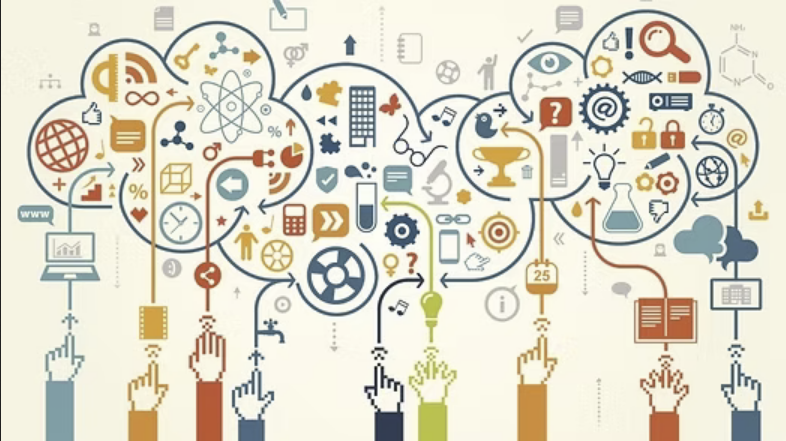In every democracy, the vote is sacred. But in the 21st century, the data trail may be even more powerful than the ballot box. As we celebrate our democratic freedoms—of speech, movement, and association—we must confront a critical question: Can a democracy truly be sustainable if its citizens lack privacy and control over their personal data? The answer, increasingly, is no.
Privacy is the Bedrock of Free Thought
Privacy is not just a personal right—it is a political one. When individuals know they are being watched, they self-censor. They become less likely to search controversial topics, speak against powerful actors, or express dissent. Surveillance, even when subtle or passive, creates fear.
And fear is the enemy of democracy.
In Ghana and across the world, the rise of biometric databases, social media surveillance, and algorithmic profiling means that the digital spaces where we form opinions, share beliefs, and engage in civic discourse are under watchful eyes—often without our knowledge or consent. A sustainable democracy must protect not only the right to vote, but also the right to think freely—and that begins with safeguarding personal data.
Data Protection Builds Trust in Governance
Imagine a citizen who applies for a government service and finds their health records leaked, or their financial details sold to third parties. That citizen is less likely to engage with digital public infrastructure or trust the state.
Trust is the fuel that sustains democracy. And in a digital society, trust depends on data protection. Ghana’s Data Protection Act, 2012 (Act 843) was a bold step forward. It established rights for individuals and responsibilities for data controllers. But laws alone are not enough. Citizens must be aware, and institutions must be held accountable. A right unexercised is a right eroded. Sustainable democracies must normalize data governance as a pillar of public accountability, not a niche concern for techies and lawyers.
The Weaponization of Data is a Threat to Elections
Across the world, we’ve seen how personal data can be used to manipulate elections—through targeted disinformation, voter suppression, or even algorithmic biases that reinforce inequality. When political campaigns know everything about a voter’s fears, income, religion, and habits, they can tailor messages that are not meant to inform, but to influence.
In this environment, democracy risks becoming a performance—a shadow of choice, powered by persuasion and surveillance.
West Africa must not wait to become the next case study. We must build electoral processes where data collection is transparent, and its use ethical and accountable.
Empowered Citizens Make Resilient Democracies
A sustainable democracy is not just about periodic elections—it is about ongoing participation. And to participate meaningfully, citizens must feel safe online and offline. When people know they control their digital footprint, they are more likely to speak up, engage, organize, and resist injustice. That is why digital literacy and data protection go hand in hand. From classroom to courtroom, village to parliament, we must teach people to ask:
Who holds my data? Why do they need it? What are my rights?
Because informed citizens are not easily manipulated. They are the firewalls of freedom.
Conclusion: Democracy Needs Privacy Like It Needs Air
As we build digital public infrastructure and smart governance models, we must not trade convenience for control. Surveillance should never be the cost of civic participation. Privacy and data protection are not optional extras in a democracy—they are its silent guardians.
In the words of Edward Snowden, “Arguing that you don’t care about privacy because you have nothing to hide is like saying you don’t care about free speech because you have nothing to say.”
Let us not wait for our rights to be violated before we defend them. Let us build a democracy where data serves the people, not the other way around.


